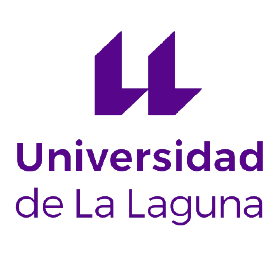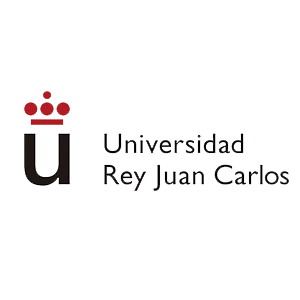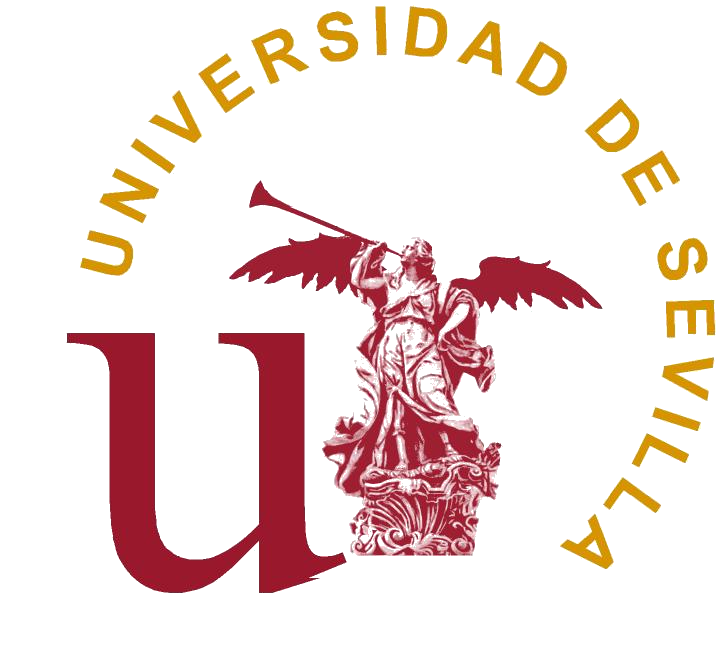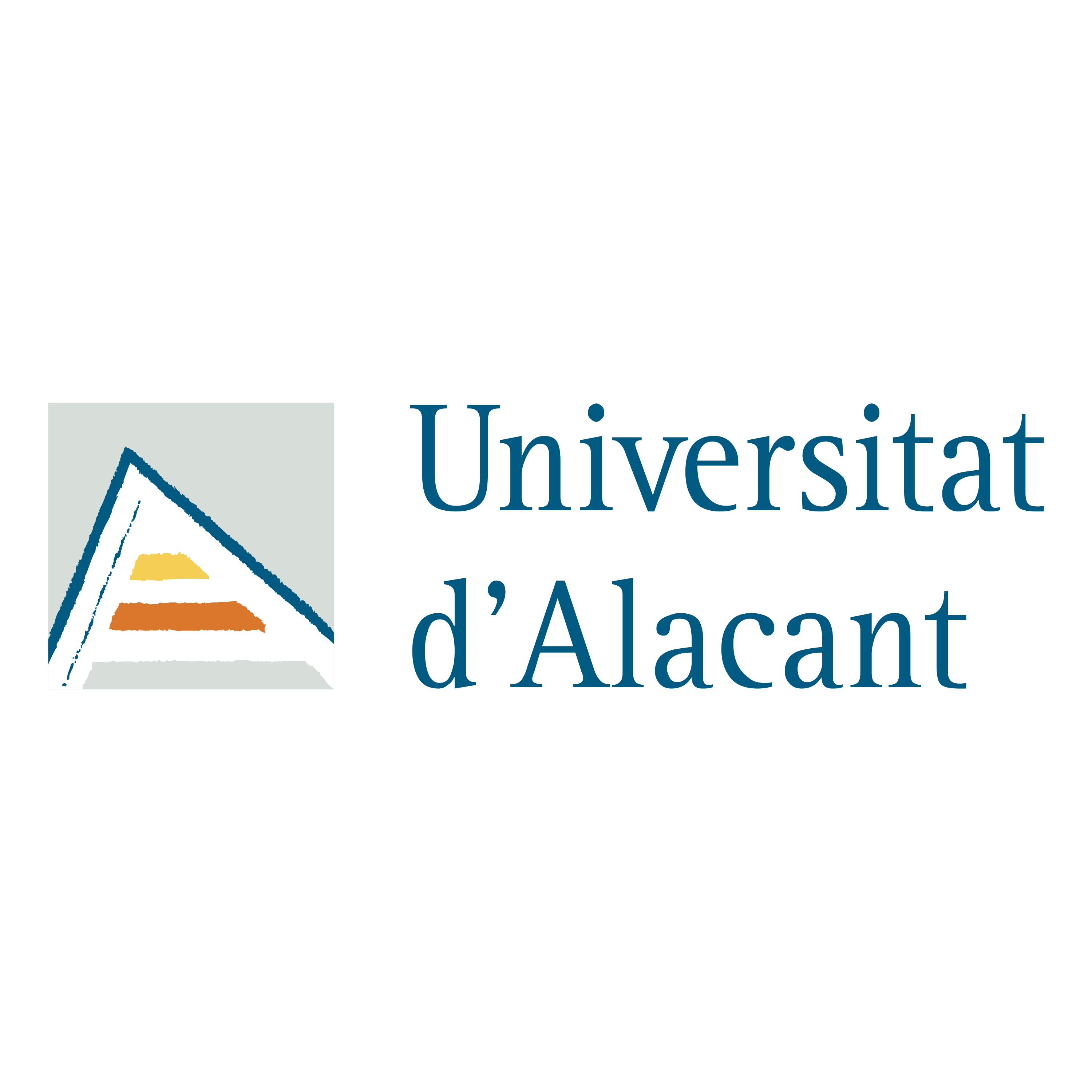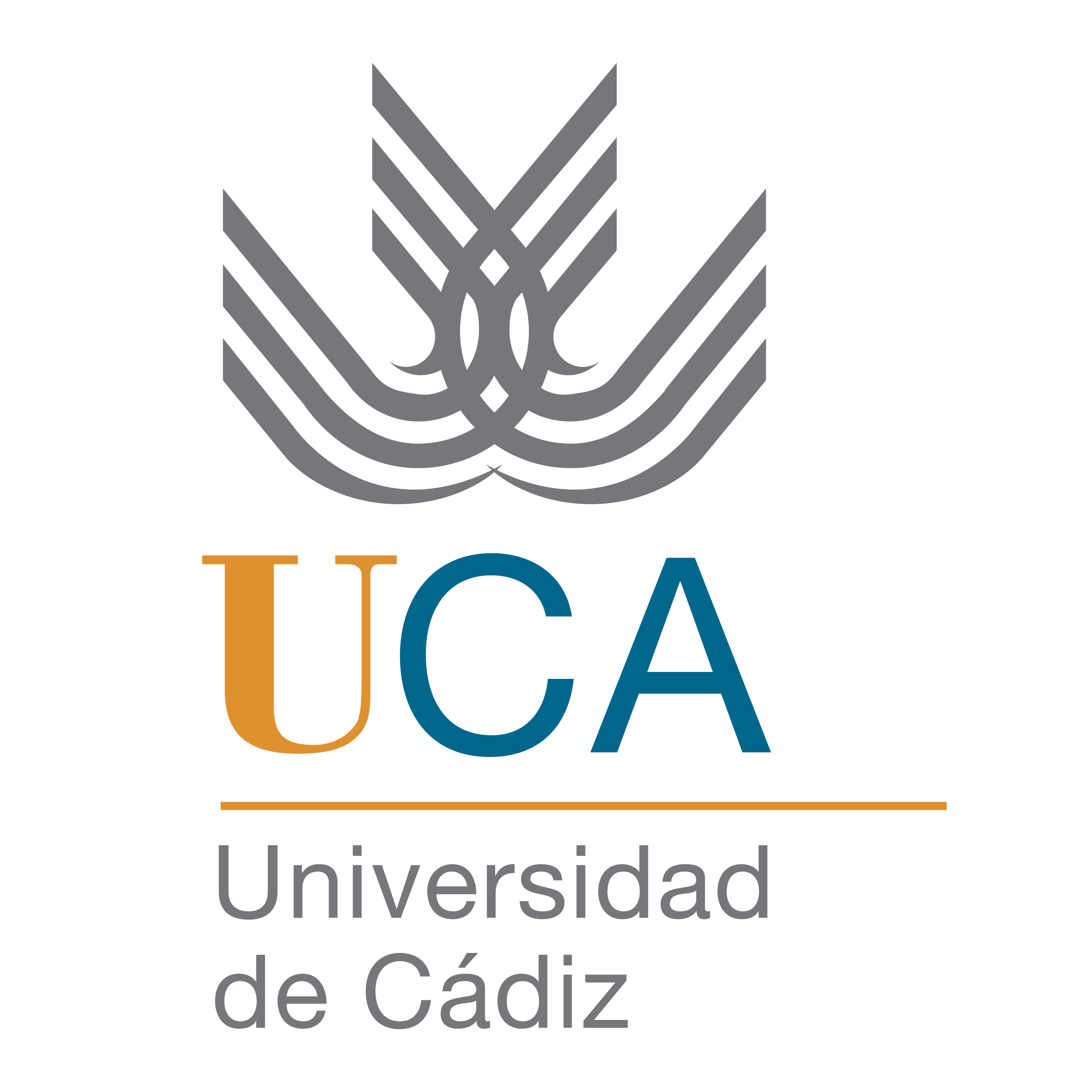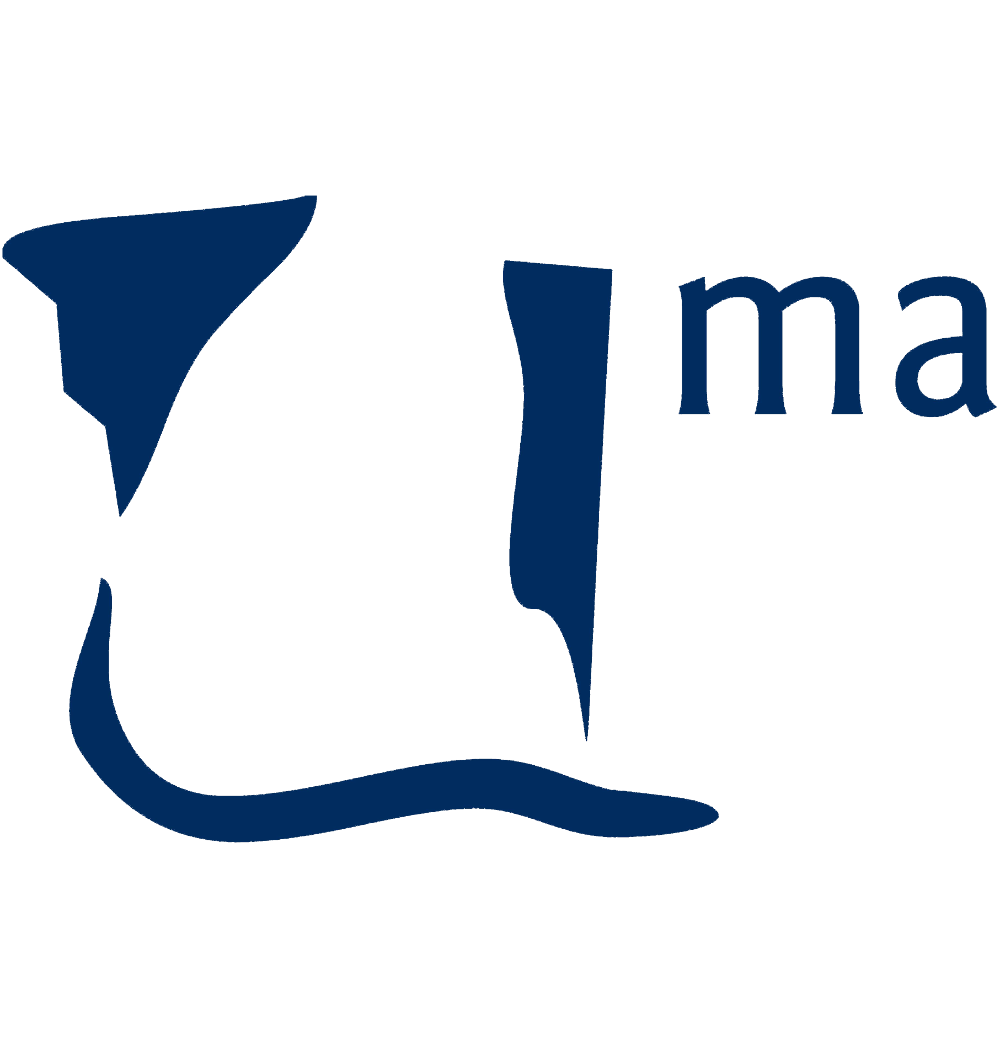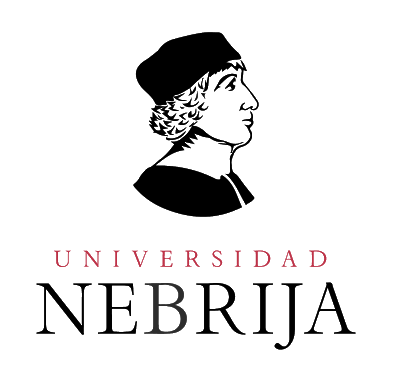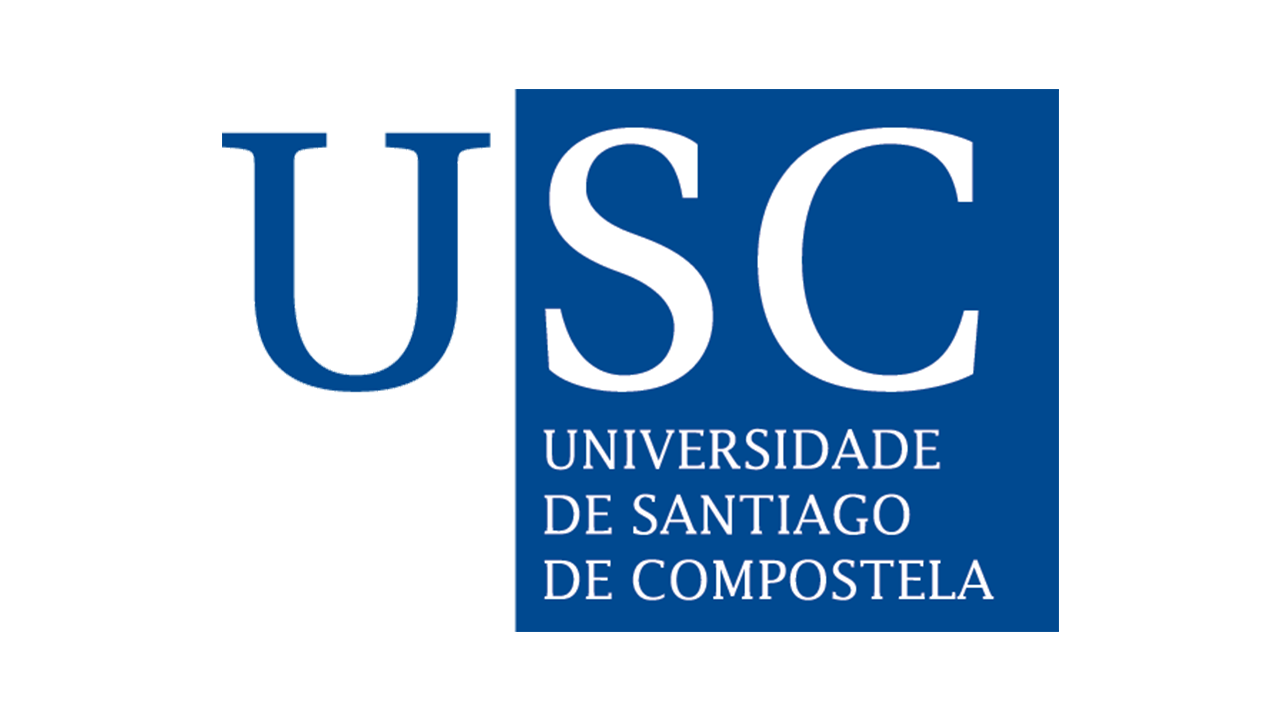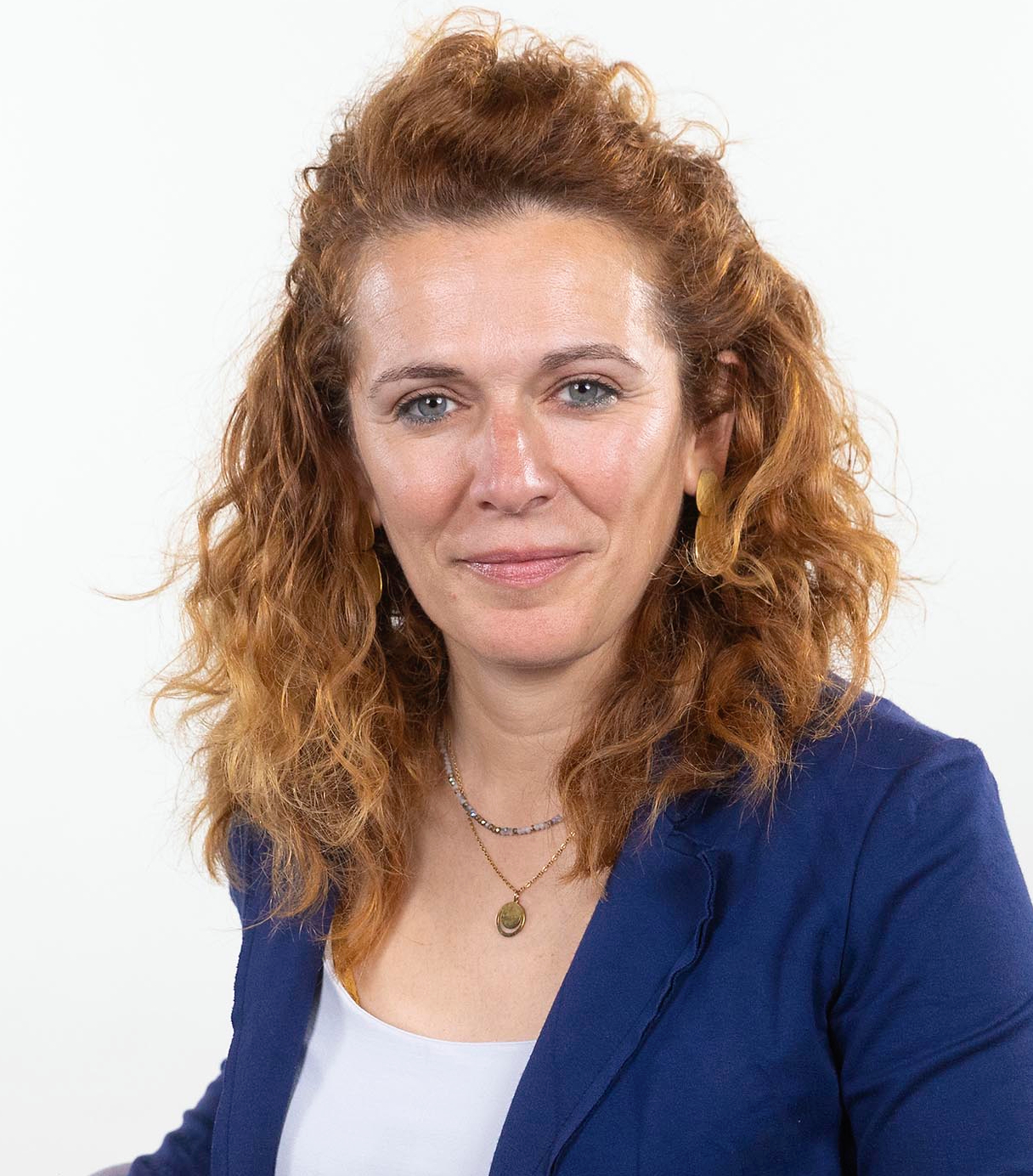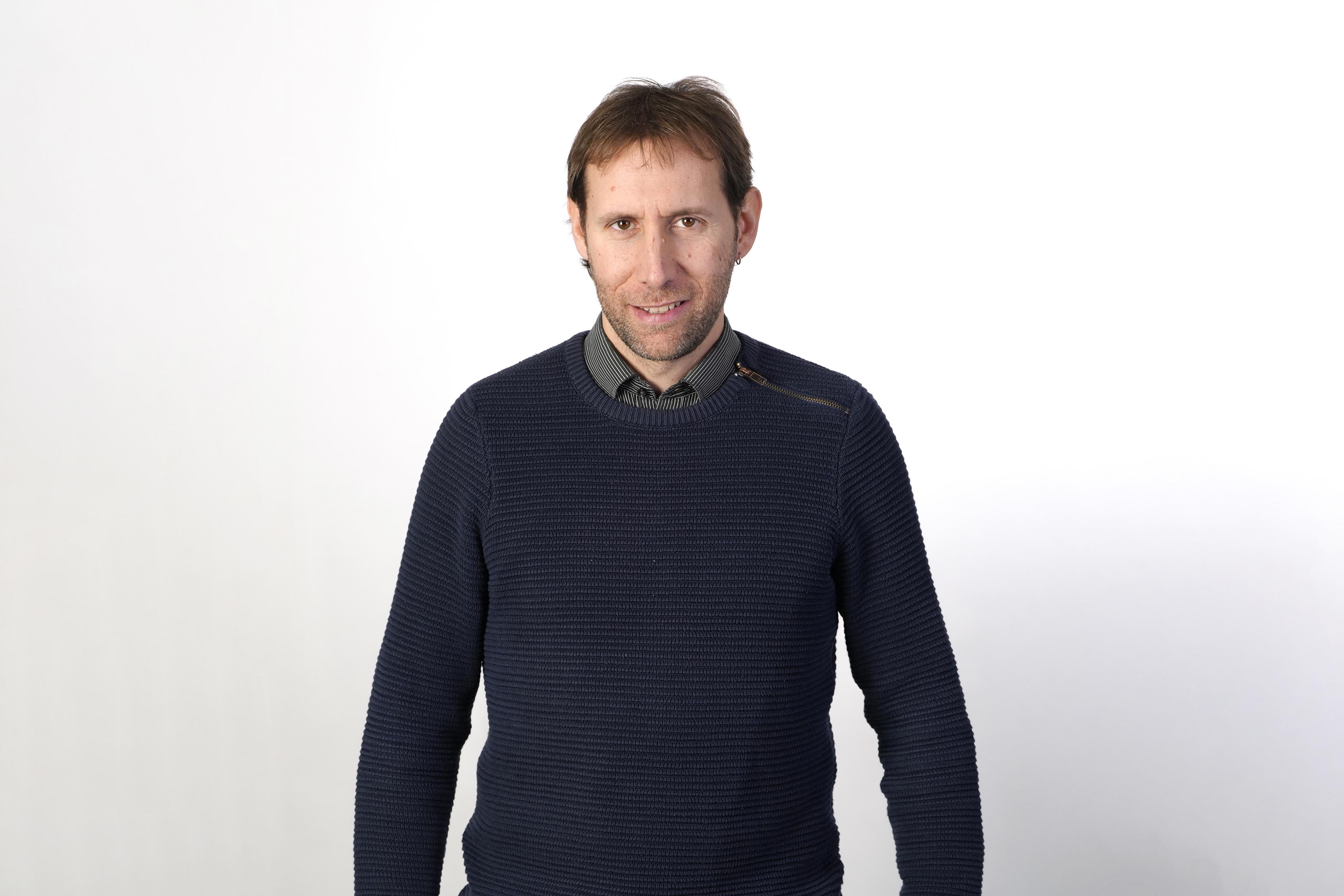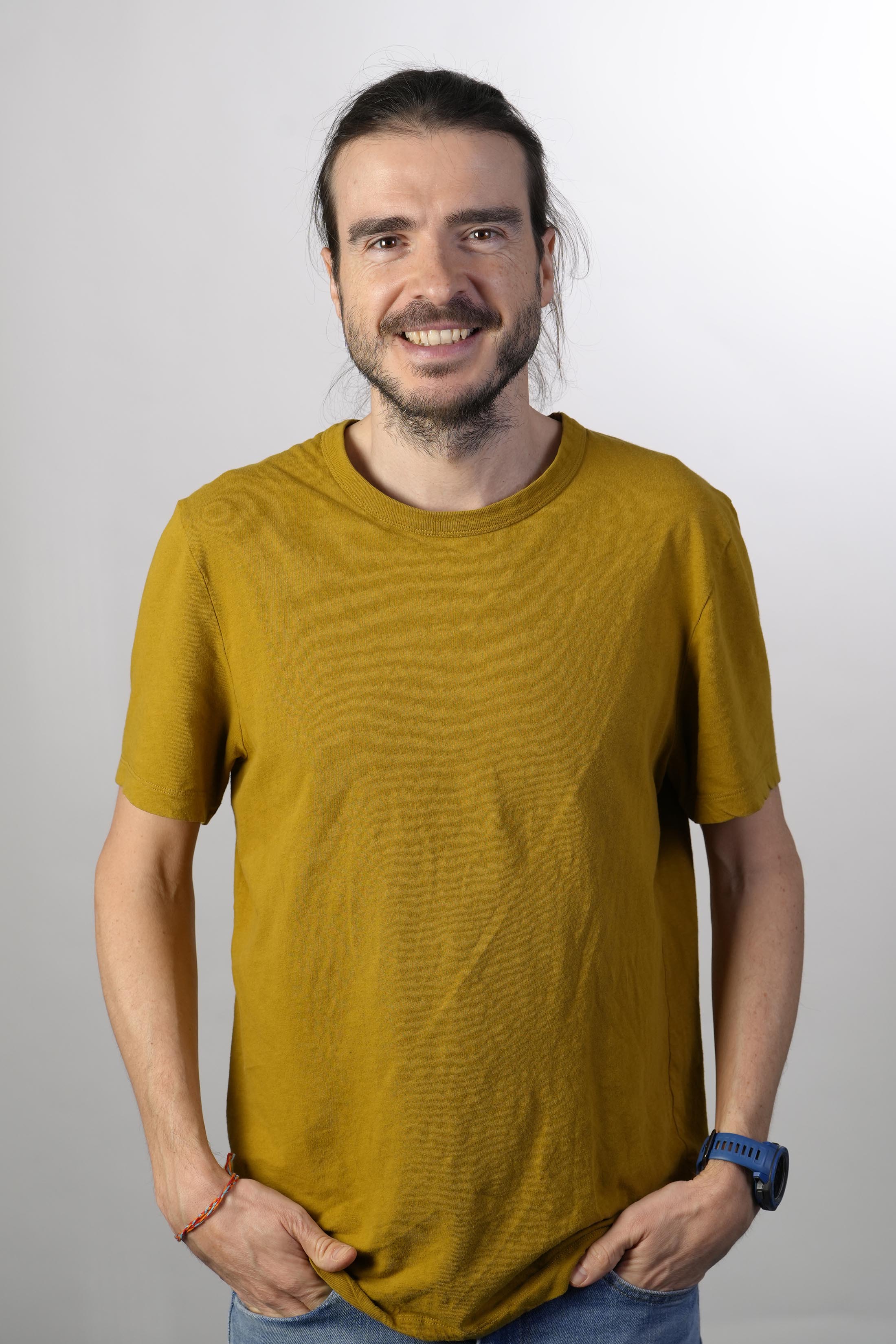Doctoral Programme in Tourism (interuniversity: UMA, UA, UCA, UCM, UEX, ULL, Nebrija, UOC, URJC, USC, US, UVIGO)
Presentation
The Doctorate Programme in Tourism is part of the REDINTUR cooperation framework, which is made up of 19 Universities with postgraduate studies in Tourism, which has been described in the 2012-2015 National Plan for Tourism of the Ministry of Energy, Industry and Tourism, within the Talent and Entrepreneurship section as a strength, highlighting its operation and training programmes in tourism.
It is the result of the coordination and cooperation between research teams with a track record in the scientific-social knowledge of tourism and in accredited training programmes.
Under this framework, the lines of research of the different groups of the aforementioned Universities have been unified and coordinated with the aim of collaborating and promoting training and research in Tourism in Spain.
Broadly speaking, we can indicate the objectives and commitments that have been set:
- To contribute to the training of doctors and researchers in Tourism in order to promote the sustainable growth of a key activity in our social and economic environment.
The Doctorate Programme in Tourism is part of the REDINTUR cooperation framework, which is made up of 19 Universities with postgraduate studies in Tourism, which has been described in the 2012-2015 National Plan for Tourism of the Ministry of Energy, Industry and Tourism, within the Talent and Entrepreneurship section as a strength, highlighting its operation and training programmes in tourism.
It is the result of the coordination and cooperation between research teams with a track record in the scientific-social knowledge of tourism and in accredited training programmes.
Under this framework, the lines of research of the different groups of the aforementioned Universities have been unified and coordinated with the aim of collaborating and promoting training and research in Tourism in Spain.
Broadly speaking, we can indicate the objectives and commitments that have been set:
- To contribute to the training of doctors and researchers in Tourism in order to promote the sustainable growth of a key activity in our social and economic environment.
- To promote research in order to carry out efficient management of information that allows management to be adapted to the profile of the tourist consumer.
- To develop analysis and research techniques to adapt to the evolution of the information society.
- To favour cooperation between universities and the mobility of students and teaching staff.
- To collaborate in innovation and competitiveness in the field of tourism.
- To develop a complete and complex academic curriculum model that is committed to the multidisciplinary nature of tourism education at the heart of the University.
- Full adaptation of the level of university tourism studies in our country to that existing within the European Union and other neighbouring countries, culminating the process initiated with the integration into the university system in 1996.
- To achieve the standardisation of higher studies in tourism with those corresponding to other areas of training in other economic and professional sectors.
- Development of specialisation profiles in areas that allow us to take into account the needs for innovation required by business and tourist destination management.
Competencies
The doctoral programme develops the following basic competencies (as per Spain's Royal Decrees RD 99/2011 and RD 576/2023):
C1. Systematic understanding of a field of study and mastery of the research skills and methods related to this field.
C2. Conceiving, designing or creating, putting into practice and adopting a substantial research or creation process.
C3. Contributing to expanding the frontiers of knowledge through original research.
C4. Developing a critical analysis and assessment and synthesizing new and complex ideas.
C5. Communicating with the academic and scientific community and with society in general regarding the student's areas of knowledge, employing the formats and languages habitually used in their international scientific community.
C6. Fostering scientific, technological, social, artistic or cultural progress in a knowledge-based society, in academic and professional settings.
C7. Fostering open science and citizen science (in accordance with Article 12 of Spain's Organic Law 2/2023, of 22 March) so as to contribute to the status of scientific knowledge as a common good, with assessment of the doctoral student's performance of interdisciplinary activities relating to the different aspects of open science and citizen science, and the development of skills in both disciplines through microcredentials or similar.
Admission profiles
The recommended academic profile for students seeking admission to this PhD programme is to have graduated in studies associated with knowledge in the field of tourism from an economic, business, sociological and geographical perspective. In particular, it is aimed at graduates in Tourism, Economics, Business Administration and Management, Geography and Sociology, as well as students with qualifications in related fields. With regard to official master's degrees, the programme is aimed particularly at holders of master's degrees from universities in the REDINTUR network.
Students who do not fit the admission profile but have a master's degree in social and legal sciences or arts and humanities fields that are unrelated to tourism studies must take the specific bridging courses indicated in the programme prospectus. For students who have engineering and architecture master's degrees, the PhD programme academic committee will specify which of the bridging courses indicated in the programme prospectus they must do.
With regard to skillsets, the recommended profile for admission is that of students who have acquired the ability to understand and solve problems in the field of tourism-related businesses, bodies and destinations, as well as the ability to assess the behaviour of economic stakeholders in this sector. Also of great use in completing the programme is an understanding of data analysis and planning tools and techniques.
The languages included in the admission profile are Catalan, Spanish or English, with a minimum level of B1, according to the Common European Framework of Reference for Languages (CEFR).
Career opportunities
Thanks to its interdisciplinary nature, there are a wide variety of career opportunities resulting from this PhD programme. In the tourism sector in general, a PhD in the field of tourism helps gain access to senior management positions. What's more, many companies (particularly those with R&D&I departments) with a need for highly trained analysts to improve their products and services are increasingly calling for professionals with a PhD.
Other opportunities include careers in research at both national and international research centres, as well as in the research services and departments of large corporate groups and non-governmental organizations.
In addition to academic opportunities (teaching and research), the PhD programme also opens up professional opportunities in the following areas:
● Tourism consulting.
● Destination planning and management, with the ability to define a tourist destination and establish the foundations for its management, planning and promotion on the basis of sustainability and inclusivity criteria, and making an efficient use of ICT.
● Specialists involved in the creation, development and promotion of tourism products.
● Specialists in information management, competitive intelligence and technology, able to spearhead innovation in an organization or act as community managers for commercial or marketing purposes.
● Professional tourism-related positions in public administrations.
● Tourism marketing and promotion positions.
● Technology-related and software development positions with an in-depth understanding of the realities and workings of the tourism sector.
Attend the public hearing to share your opinions
Date: 20 February 2026
Time: 2.45–3 p.m.
Official qualification
The UOC's Doctoral Programme of Tourism (interuniversity: UMA, UA, UCA, UCM, UEX, ULL, Nebrija, UOC, URJC, USC, US, UVIGO) is a programme that has been approved by the Spanish Universities Council, and its implementation has been authorized by the Government of Catalonia, in accordance with current legislation. You can check the recent verification report, the programme's quality data and the programme's agreement.
The UOC's doctoral programmes have full academic validity throughout Spain; where such is the intention, they are qualifications to perform regulated professions, in accordance with the regulations applicable in each case.
Official qualification
The UOC's Doctoral Programme of Tourism (interuniversity: UMA, UA, UCA, UCM, UEX, ULL, Nebrija, UOC, URJC, USC, US, UVIGO) is a programme that has been approved by the Spanish Universities Council, and its implementation has been authorized by the Government of Catalonia, in accordance with current legislation. You can check the recent verification report, the programme's quality data and the programme's agreement.
The UOC's doctoral programmes have full academic validity throughout Spain; where such is the intention, they are qualifications to perform regulated professions, in accordance with the regulations applicable in each case.
The certificates for these programmes are issued together with a Diploma Supplement (DS), providing details of what the student studied, their results, the professional competencies obtained and the qualification's level in the Spanish higher education system; the aim of this is to facilitate recognition of the qualification and promote students' and graduates' mobility within the European Higher Education Area (EHEA).
In other countries, the validity of the official university qualifications issued by the UOC will depend on each specific country's education laws.
Title of Degree - Doctoral Programme in Tourism, RUCT Code: 5601390, ISCED Code 1 Social and Behavioural Sciences, ISCED Code 2 Travel, Tourism and Leisure.
-
Start
23 Sep 2026
-
Online
100%
-
Admission to the welcome area: March 19, 2025
-
Languages: Spanish, Catalan, English
-
Official qualification
Fully online method
World's first ever online university
Personalized guidance and support
-
The UOC, Spain's best online university
We are rated the best online university in Spain by the main university quality rankings.
Programme quality
The quality of this degree programme is endorsed by the Agency for Scientific and University Quality of Andalusia (ACCUA), which ensures that rigorous standards, including those demanded by the EHEA, are met.

